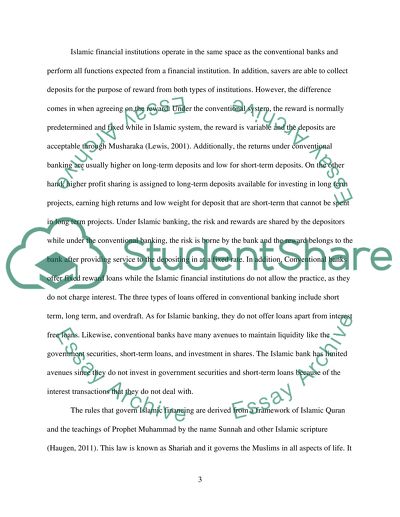Cite this document
(Corporate Governance in Islamic Banking Case Study, n.d.)
Corporate Governance in Islamic Banking Case Study. Retrieved from https://studentshare.org/finance-accounting/1680597-corporate-governance-in-islamic-banking
Corporate Governance in Islamic Banking Case Study. Retrieved from https://studentshare.org/finance-accounting/1680597-corporate-governance-in-islamic-banking
(Corporate Governance in Islamic Banking Case Study)
Corporate Governance in Islamic Banking Case Study. https://studentshare.org/finance-accounting/1680597-corporate-governance-in-islamic-banking.
Corporate Governance in Islamic Banking Case Study. https://studentshare.org/finance-accounting/1680597-corporate-governance-in-islamic-banking.
“Corporate Governance in Islamic Banking Case Study”, n.d. https://studentshare.org/finance-accounting/1680597-corporate-governance-in-islamic-banking.


